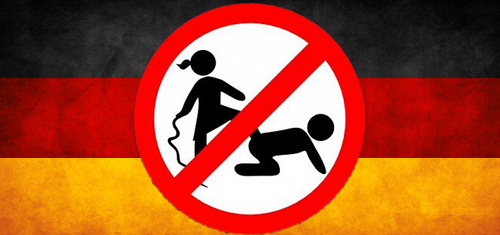 The European Union’s top court has driven another nail into the coffin containing Germany’s online gambling law.
The European Union’s top court has driven another nail into the coffin containing Germany’s online gambling law.
On Thursday, the Court of Justice for the European Union (CJEU) issued a ruling that said Germany couldn’t impose penalties on online betting operators the government considers to be operating without a license because the government has made it impossible for operators licensed in other EU countries to obtain German licenses.
Germany’s 2012 Interstate Treaty called for a limited number of online sports betting licenses to be issued, while prohibiting other forms of online gambling. Germany announced its 20 online betting license recipients in 2014 but court challenges by operators who found fault with the application process have prevented any licenses being issued.
The CJEU’s ruling supports the Advocate General opinion issued last October that said the Treaty’s edicts were unenforceable due to no licenses having been issued. This stagnation effectively preserved the existing state-run betting monopoly, which has been deemed incompatible with EU free trade rules. The CJEU also criticized the opaque nature of the license application process.
Mathias Dahms, president of the German Sports Betting Association (DSWV), issued a statement calling for a “fundamental reform of gambling regulation” in Germany. Dahms warned the government that merely lifting the arbitrary cap on the number of issued licenses wouldn’t cure the Treaty’s “basic design flaws.”
Maarten Haijer, head of the European Gambling and Betting Association, called on the European Commission to launch enforcement proceedings against Germany to ensure the country overhauls its gambling laws “rather than persists with the failed Interstate Treaty.”
BETSSON ANTE UP GERMAN BACK TAXES
Meanwhile, Nordic betting operator Betsson has opted to pay several years worth of back taxes on its German operations in the hopes that this will put it in good stead to receive a new German license, if/when these unicorn-like objects become available.
On Thursday, Betsson announced it would pay SEK 113m (US $13.4m) to cover tax obligations from July 2012 to the end of 2015 and would submit monthly tax statements going forward. That said, Betsson believes it isn’t actually subject to German tax and plans to challenge its tax liability in the courts.
In the meantime, Betsson said it was paying up “in order to prevent being differentiated from other companies which have applied or will apply for a license.” Nearly half of the estimated 80 operators that have applied for German licenses are currently paying tax on their German revenue.
